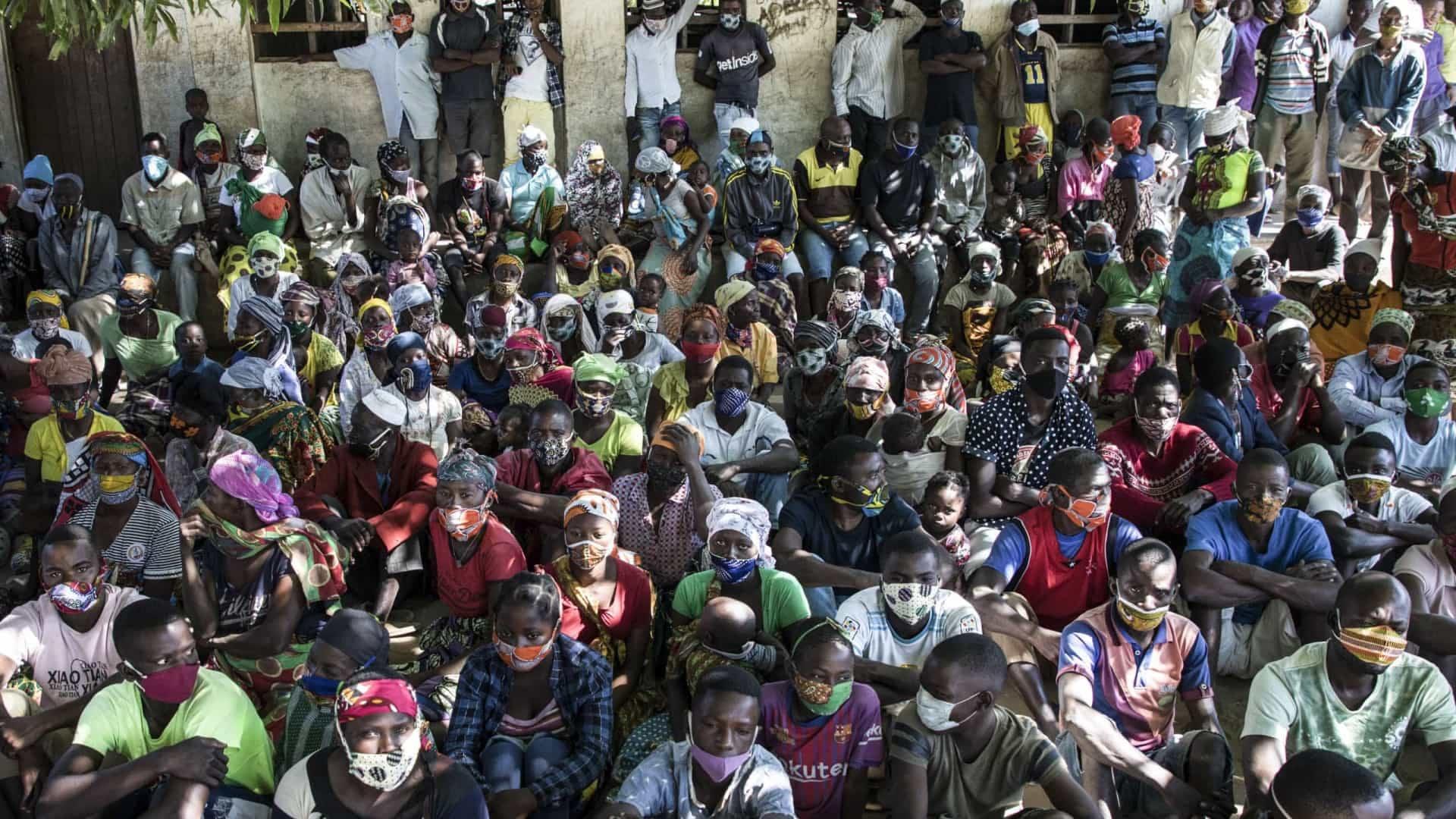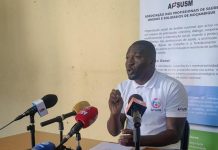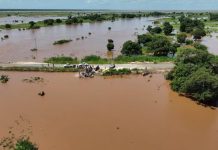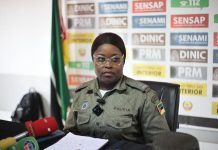Africa-Press – Mozambique. The United Nations High Commission for Refugees (UNHCR) has a shortfall of a third of its planned budget for operations in Mozambique, according to figures compiled last week.
Of the US$25.7 million (22 million euros) required, the UN body has received US$17 million (14.5 million euros) and there is a shortfall of US$8.7 million (7.4 million euros), a report reads.
The figures are released at a time when the country is trying to find solutions to one of the worst IDP crises ever, triggered by rebel attacks in Cabo Delgado in the north of the country.
“More than 732,000 people are internally displaced in northern Mozambique,” according to the UNHCR – a figure the government puts at around 817,000 people – which highlights the fact that March attacks on Palma, a gas projects town, triggered “the flight of around 100,000 people”.
As well as Cabo Delgado, the displaced people are in the provinces of Nampula, Niassa and Zambézia, with 45% being children, 32% adult women and 23% adult men.
“In the province of Cabo Delgado there are 663,000 displaced persons, while in Nampula there are 67,000,” says the UNHCR.
Northern Mozambique is rich in natural gas but terrorised since 2017 by armed rebels, with some attacks claimed by the extremist group Islamic State.
The conflict has claimed more than 3,100 lives, according to the ACLED conflict registration project.
Since July, an offensive by government troops with the support of Rwanda later joined by SADC increased security, recovering several areas where there was a rebel presence, including the town of Mocímboa da Praia, which had been occupied since August 2020.
While the crisis in Cabo Delgado has focused attention in recent years, UNHCR’s work in Mozambique covers victims of other conflicts.
Mozambique hosts 28,345 refugees and asylum seekers from other countries.
Some 9,500 live in the Maratane refugee camp in Nampula province, the country’s only refugee reception centre, while the remaining 19,000 live in urban areas across the country.
The National Institute for Refugee Support (INAR) biometrically registers refugees and asylum seekers and has issued identification documents to 26,950 people since 2017.
Over 10,000 of the 28,345 refugees and asylum seekers are from the Democratic Republic of Congo (DRCongo), followed by those from Burundi (over 8,000), Somalia and Rwanda (around 4,000 each).






